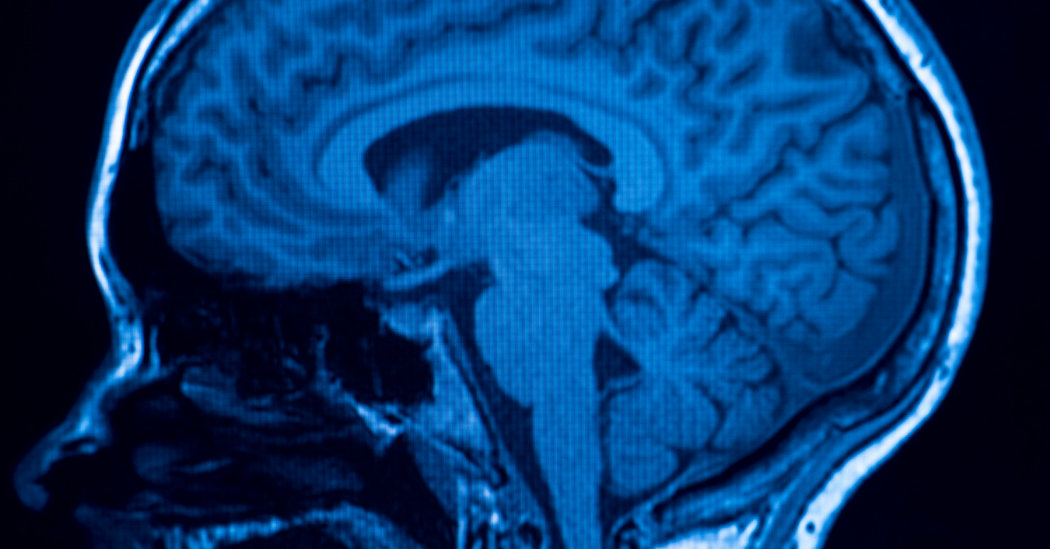
Imagine being held up at gunpoint. Do you trust you could remember the perpetrator’s face? The gun? Or would you have a better recollection of how loud the birds were chirping at that moment?
“The memory does not operate like a videotape machine faithfully recording every single detail,” said Richard J. McNally, a professor of psychology at Harvard University and the author of “Remembering Trauma.”
“The thing that is happening is that you’re focusing on the most dangerous thing,” he said. “That is the function of fear: to alert you to imminent threats.”
Stress can play a role in eyewitness cases of mistaken identity, experts said, and it could be a reason there were such conflicting accounts of the suspects in the shooting death of Jazmine Barnes, the 7-year-old Texas girl who was fired upon in a car with her mother and three sisters on Dec. 30.
A gunman pulled up alongside them and opened fire. Jazmine’s mother, LaPorsha Washington, 30, was injured. Ms. Washington and her daughters met with investigators to help them create a composite sketch of the gunman, who attacked them before sunrise.
The man was described as white, thin and in his 30s or 40s and driving a red pickup truck. On Sunday, the authorities announced they had charged a 20-year-old black man with capital murder in connection with the shooting. In a CNN interview, Ms. Washington said her teenage daughter told her that the man was white and that his hoodie was black.
“That’s all she could see at the time because the sun hadn’t really even came out yet,” Ms. Washington said in the interview.
For days, the search for a white man dominated news headlines. The unexpected turn — that the suspect charged was black and not white — was not intentional, Sheriff Ed Gonzalez of Harris County, Tex., said at a news conference on Sunday. The person driving the pickup, who the police now believe was likely a witness to the shooting, might have been the last thing Jazmine’s family remembered “prior to the mayhem and chaos,” the sheriff said.
Lori Brown, a criminologist at Meredith College in Raleigh, N.C., said “eyewitness testimony is the least reliable evidence you can have” because people try to understand how a traumatic event could have happened by using what they know about the world. “Unfortunately,” she said, “we fill in the gaps.”
There is a well-defined biological response to stress, said Daniel Reisberg, a professor of psychology and perception at Reed College in Portland, Ore. The body prioritizes resources and sharpens your focus to help you cope with stress.
The body activates a stress response mechanism, or the hypothalamic-pituitary-adrenal, or H.P.A., axis. This is a chemical sequence that starts with the hypothalamus in the forebrain, sending chemical signals to the pituitary, which then secretes the stress hormone ACTH, which then causes the adrenal glands to produce cortisol, experts said.
This is where memory comes into play.
The stress hormone cortisol causes a person to have tunnel vision in the extreme or a really narrow snapshot of what happened, Professor Reisberg said. “When you’re under high stress, not only does it have an impact on how things are recorded in your brain but also how you can report on the memory,” he said.
The second a person walks away from an event, the memory of it starts to fade. This is when a memory can be contaminated by talking to the authorities, a lawyer, friends or bystanders, Professor Reisberg said.
People fill in gaps in their memory with context and references from their own experiences, Jeff Evan Saerys-Foy, an assistant professor of psychology at Quinnipiac University in Hamden, Conn., said.
“People will sort of incorporate things,” he said. “Even with these very vivid events, the inaccuracy keeps going on with time. There is a possibility for change.”
Memories formed during a traumatic event become an amalgamation of a person’s understanding of the world, the people around them and the snippets they were able to encode into their brain.
“Our working memory has a limited capacity,” Professor McNally said. “You cannot encode everything at once, especially when it is happening very quickly. Our minds are just not that powerful.”

